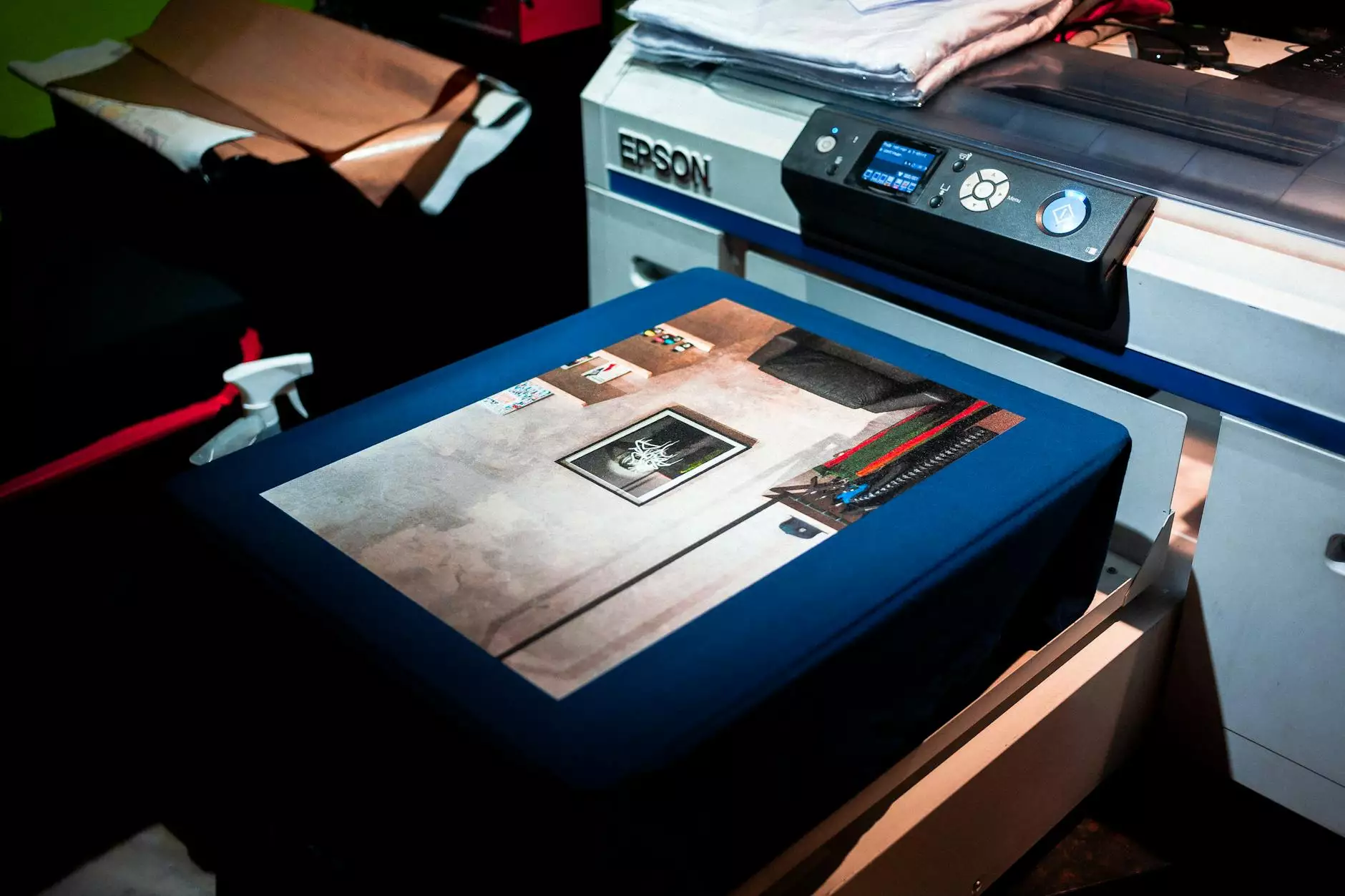Lung Cancer Treatment in Singapore: A Comprehensive Overview

Lung cancer is one of the leading causes of cancer-related deaths globally. Early detection and advanced treatment options are critical to improving survival rates. Singapore, known for its state-of-the-art healthcare services, offers a wide array of treatment modalities for lung cancer. This article provides an in-depth look into the various aspects of lung cancer treatment in Singapore, aiming to educate patients and families about what to expect during the treatment journey.
Understanding Lung Cancer
Lung cancer primarily arises due to the uncontrolled growth of abnormal cells in the lungs. There are two main types:
- Non-small cell lung cancer (NSCLC): This is the most common type, accounting for about 85% of cases.
- Small cell lung cancer (SCLC): This type grows more quickly and is less common.
Risk factors associated with lung cancer include smoking, exposure to secondhand smoke, environmental pollutants, and genetic predisposition. Understanding these factors can assist in early detection and prevention strategies.
Diagnosis of Lung Cancer
The first step in the treatment of lung cancer is accurate diagnosis. In Singapore, medical professionals utilize several diagnostic tools, including:
- Imaging Tests: CT scans, PET scans, and X-rays help visualize lung abnormalities.
- Biopsy: A definitive diagnosis often requires a tissue sample obtained through a bronchoscopy, needle aspiration, or surgery.
- Cellular Tests: Various tests can determine the presence of cancerous cells and their type, which guides treatment decisions.
Treatment Options for Lung Cancer
In Singapore, patients have access to a wide range of treatment options for lung cancer. The best approach typically involves a combination of therapies tailored to the individual's condition. The main treatment modalities include:
1. Surgery
Surgery can be a potential curative option for localized lung cancer. Types of surgical procedures include:
- Lobectomy: Removal of one lobe of the lung.
- Pneumonectomy: Removal of an entire lung.
- Segmentectomy or Wedge Resection: Removal of a small section of the lung.
2. Radiation Therapy
Radiation therapy uses high-energy rays to target and kill cancer cells. It can be used alone or in combination with other treatments. Types of radiation therapy include:
- External Beam Radiation Therapy (EBRT): This is the most common form, delivering focused radiation from outside the body.
- Stereotactic Body Radiation Therapy (SBRT): This is a precise form of radiation therapy that allows for high doses to be delivered to the tumor while sparing normal tissue.
3. Chemotherapy
Chemotherapy involves using drugs to kill cancer cells. It can be given before surgery (neoadjuvant), after surgery (adjuvant), or as the primary treatment for advanced cases. Commonly used drugs for lung cancer include:
- Cisplatin
- Gemcitabine
- Pemetrexed
4. Targeted Therapy
Targeted therapies focus on specific molecular targets associated with cancer. They can be more effective with fewer side effects than traditional chemotherapy. In Singapore, several targeted therapies are available for patients with specific gene mutations, such as:
- EGFR inhibitors (e.g., Erlotinib)
- ALK inhibitors (e.g., Alectinib)
5. Immunotherapy
One of the most promising advancements in cancer treatment, immunotherapy works by harnessing the body's immune system to fight cancer. Options available in Singapore include:
- Checkpoint inhibitors (e.g., Pembrolizumab)
- CAR T-cell therapy
Supportive Care and Rehabilitation
The journey through lung cancer treatment can be physically and emotionally taxing. At hellophysio.sg, comprehensive supportive care is an integral part of the treatment process. Key components of supportive care include:
- Pain Management: Effective pain control is essential for maintaining quality of life during treatment.
- Nutritional Support: Tailored dietary plans help in managing side effects and maintain strength during treatments.
- Physical Therapy: Programs designed to improve physical function, enhance mobility, and address fatigue.
- Psychosocial Support: Counseling services provided by psychologists to help patients cope with the emotional impact of lung cancer.
The Role of Clinical Trials
Patients in Singapore are fortunate to have access to numerous clinical trials that study new treatment approaches for lung cancer. Participating in a clinical trial can provide access to cutting-edge therapies and contribute to cancer research. It's crucial to discuss potential clinical trial options with your oncologist.
Conclusion
When it comes to lung cancer treatment in Singapore, patients have access to a plethora of resources and cutting-edge care options. Early diagnosis and a tailored treatment plan can significantly enhance outcomes. With a dedicated healthcare workforce and advanced medical technologies, Singapore stands out as a leading destination for effective lung cancer treatment.
If you or a loved one is facing a lung cancer diagnosis, it’s essential to seek information and support throughout the treatment journey. Explore how hellophysio.sg can assist with physical therapy, rehabilitation, and emotional support tailored to lung cancer patients.
Contact Information
For more information on lung cancer treatment and supportive care in Singapore, visit us at hellophysio.sg, or contact our caring staff who are ready to assist you every step of the way.
lung cancer treatment singapore


